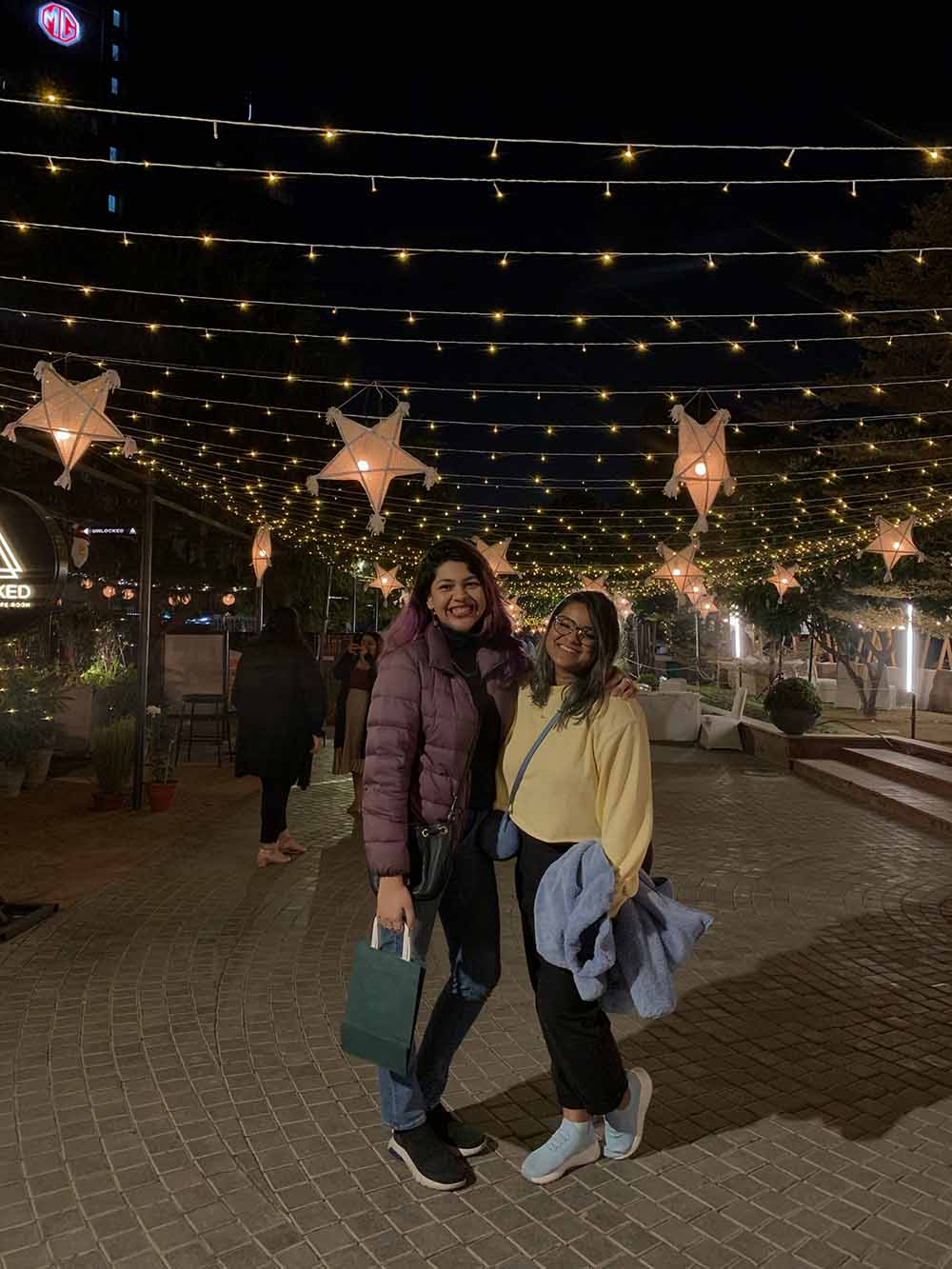We live in a society that comes with a (fictional) manual for a woman. If you look anything outside of what is outlined in the manual, expect to face the backlash. The difference can be as small as being a couple of inches taller or shorter, a few shades darker or fairer, couple of pounds lighter or heavier than your ideal BMI (body mass index), having an oily or acne-prone skin, a scanty hairline or without hair and, sometimes, instances may fall short to fit into this fictional woman designed by the society.
When you’re still facing grief for the way you look or get comments on your physical appearances in the 21st century, then something is not right. But there is inspiration all around us; so many stories and experiences of women with whom we interact at work, pass by on subways/metros/trains, meet at cafes/bookstores, within our family or even in the elevator. Sharing an inspiring anecdote of a tall, proud and happy Prachi Gupta, who tells us about her experience of what society made her believe versus what she believed in.
“I was constantly criticised about my height and skin tone. It took me 23 years to look in the mirror and finally accept that my height is fine and I look pretty,” says Prachi.
She recollects, “If not for my immediate family, the extended ones always had something to say, ‘Kitni lambi ho gayi hai yar, ladka kaise milega? Aur kitni badi hoyegi, ab rukh bhi jao! (You’ve become so tall, how will we find a guy for you?) We have to look for a basketball player for you, stop growing so tall!’ I must have been just eight or nine years old and they were already worrying about getting me married. I was as tall as my male cousins at home and they made me feel like this was my fault.
When it came to my physical appearance, the criticisms were always a bit indirect, ‘Chahe shakkal kaisi bhi ho, personality to hai na’ (No matter how you look, you have the personality.) I have heard this statement again and again throughout my childhood and teenage years. It scarred me in many ways and made me feel insecure about my looks."
“I had almost come to accept that all I have is personality and no looks. My mother used to advise me to find a guy who wouldn’t fall for my looks, which to me, at that age meant that no one is going to love me for the way I look. Even when dating, I had to ensure that I’m not overshadowing the men I am seeing, because I was led to believe that I'm occupying more space, physically. In fact, as much as I would have loved to, wearing heels was never an option for me.”
“This one particular incident stayed with me. I was talking to a guy on a dating app and we decided to finally meet. I can still remember the way his face dropped when we met. I could tell he was bothered by my height, as I was a bit taller than him. Not only was the date awkward, but he kept snapping at me throughout the evening and even made ‘Complan’ jokes,” recalls Prachi.
“Over time, however, I started going out on dates with men who were shorter than me; in fact, my current boyfriend is the same height as I am. I realised that when I’m more accepting of people then I’m more at peace with myself, because I’m not judging them. The guy who made Complan jokes was clearly insecure since society has always dictated that men shouldn’t be shorter than women.”

“My friends played a big part in dealing with my body image issues. My best friend, Arshia (who is significantly shorter than me), would encourage me to wear heels. It never bothered her that it made her look shorter.”
Prachi recommends to all the women “to wear those heels, own that crazy crop top you bought and apply the kind of makeup you like. I don’t think society will ever be happy with the way you look. We will never be enough for anyone else, but as long as we are enough for ourselves, it is all that matters. Just do you, as much of a cliché it is, it has so much meaning to it.”